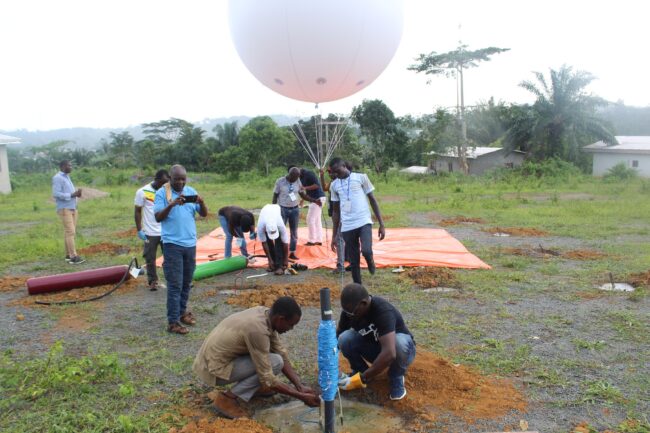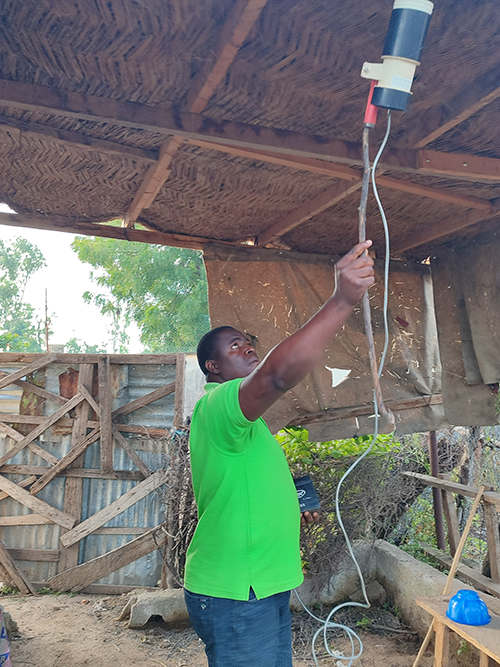Wellcome Trust: Can gene drive for malaria control be safely and sustainably implemented in Africa?
Despite significant progress in malaria control through improved treatment and vector control measures since the 2000s, recent years have witnessed a concerning stall due to the increasing prevalence of drug and insecticide resistance. To overcome these critical challenges, this Wellcome Trust-funded project (2022-2026) unites leading research institutions across Africa and the UK to investigate the…



